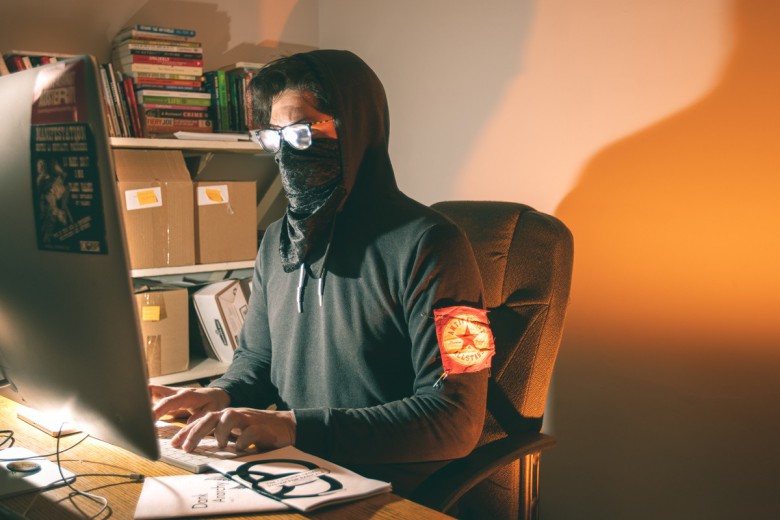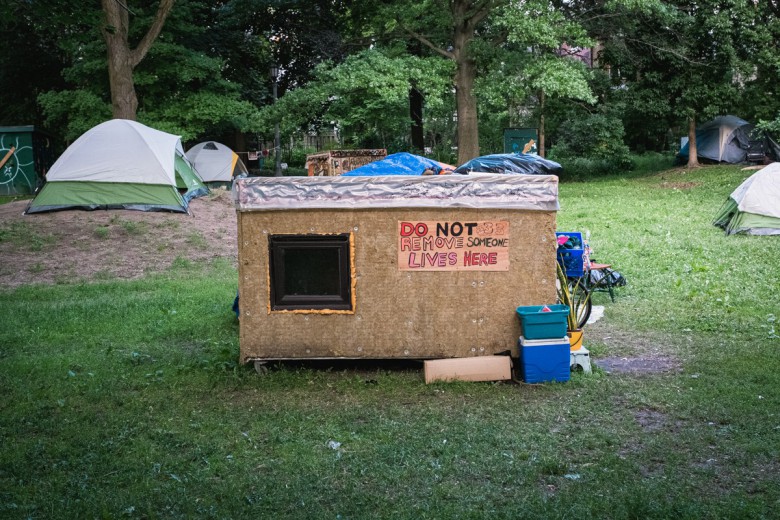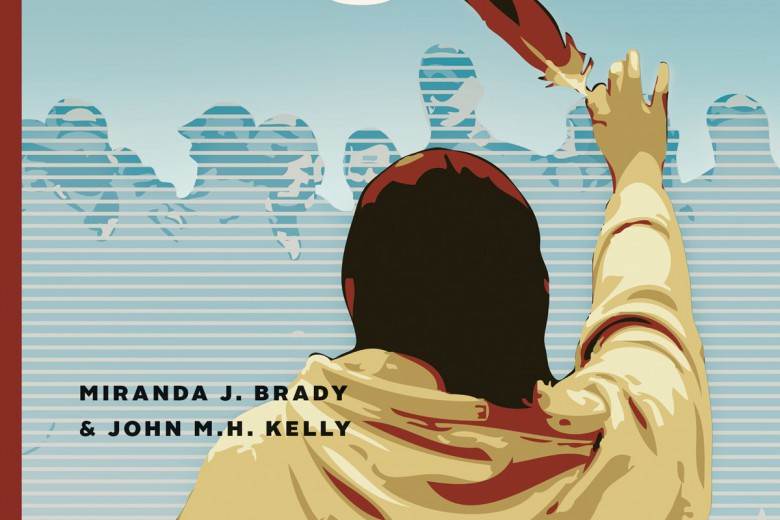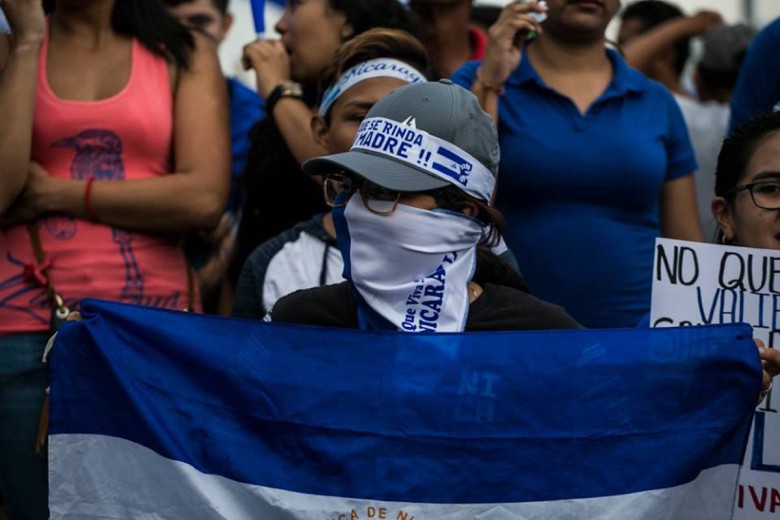In March 2019, Seven Oaks School Division in Winnipeg cancelled a booking that the city’s Social Planning Council had made for a public forum on social justice. The reason? Complaints from Israel’s supporters about one of the speakers, Palestinian-American feminist Linda Sarsour. In December 2019, the Winnipeg Millennium Library and the University of Winnipeg denied venues to Vanessa Beeley, an apologist for the brutal Syrian regime who has associated with anti-Semitic and far-right figures and made anti-Semitic statements.
Such incidents are part of the context when people on the left talk about how to respond to public events featuring speakers whose ideas we are right to detest. This discussion has been shaped by how the hard right and far right have used “free speech” as a cover for spreading their ideas. Some liberals respond by defending free speech for any and all speakers. In Canada, many people draw the line at ideas that they think run afoul of the “hate speech” provisions of the Criminal Code.
People on the left often treat free-speech rights – specifically, free speech for people with whom we disagree – as being in conflict with the need to fight the right or protect vulnerable people from speech that’s “unsafe” for them. Many don’t think twice about calling on managers who control access to venues to deny platforms to speakers we detest, or even to fire people with loathsome ideas.
But free speech isn’t a cause the left can afford to leave to liberals or the right. And when “no platform” is called for, we shouldn’t appeal to authorities to do it.
Many don’t think twice about calling on managers who control access to venues to deny platforms to speakers we detest, or even to fire people with loathsome ideas.
Our goal is the revolutionary-democratic transformation of society from below. In the here and now, we should “push to the limit all the presuppositions and practices of the fullest democratic involvement of the greatest mass of people,” as U.S. socialist Hal Draper put it. “There can be no contradiction, no gulf in principle, between what we demand of this existing state and what we propose for the society we want to replace it, a free society.”
That means we must defend free speech. The case of Sarsour and the school division is a reminder of why it matters. Is it far-fetched to imagine that in the future, supporters of militant action for climate justice could find ourselves shut out of public debate because what we say is labelled “hateful” or “dangerous”?
When speaking events with reactionaries like Jordan Peterson and Vanessa Beeley are worth responding to, the best response is to expose their beliefs and explain what’s wrong with them. We can picket outside and speak up from the floor. The goal is to persuade people who’re swayed by such disastrously wrong ideas.
The exception is when a speaker isn’t just trying to persuade, but they are out to intimidate or attack people or build a movement that can or is already doing so. For example, at a 2017 event in California that was cancelled because of protests, far-right activist Milo Yiannopoulos was allegedly intending to name undocumented and transgender students and faculty, outing them for harassment, assault, or deportation. This event was planned on the heels of a previous public event where a leftist counter-protester was shot by one of Yiannopoulos’s supporters. When fascists and other far-right speakers give public talks, they’re working to build forces that will murder people as they work toward destroying even the weak capitalist democracy that still exists.
In situations like these, our tasks go beyond raising objections and debate. We must stop the direct harm directly, doing so in ways that build the strength of left and working-class organizing and the leadership of oppressed people.
In these cases, we should prioritize “bottom-up” organizing and action over tactics that call on the authorities to “shut down” “speech” that is out of bounds.
This is important for both principled and pragmatic reasons. We know that bosses and police don’t have much incentive to protect working-class people and benefit from the oppression of particular groups. We also don’t want to strengthen the ability of employers and law enforcement to criminalize left-wing speech they find to be too inflammatory, as has happened recently.
Is it far-fetched to imagine that in the future, supporters of militant action for climate justice could find ourselves shut out of public debate because what we say is labelled “hateful” or “dangerous”?
Even where authorities taking up “the cause” might be immediately practical, it teaches a lesson contrary to the spirit that animates left-wing politics: rather than creating space for people to learn and participate in building collective power, we are falling back on a model of powerlessness and moralistic appeals.
Instead, in these instances where there is real and imminent danger, counter-protesters can and should take it upon ourselves to shut down the event and take direct action to protect anyone in the path of immediate harm.
Sometimes authorities will respond to mass counter-protest and self-defence with their own crackdown on the reactionaries we’re challenging. We should claim such instances as victories without making them our demand. We should recognize that the powers that be are generally accepting of even very far-right speech as long as they don’t expect it will meet with any resistance, and at the same time we must always be aware that the same authorities will not hesitate to restrict, eliminate, and disrupt left-wing speech they find threatening based on its content alone, often using the language of safety and anti-racism, feminism, and the like.







